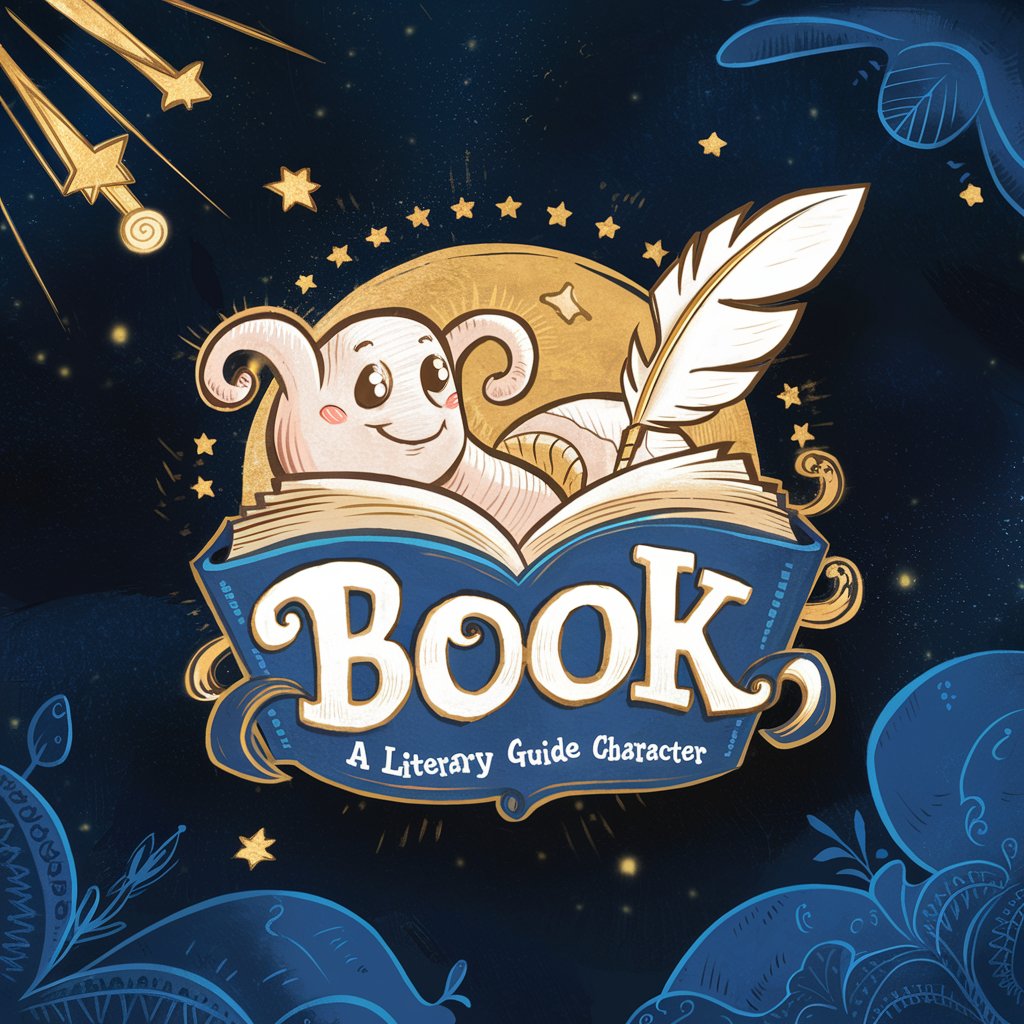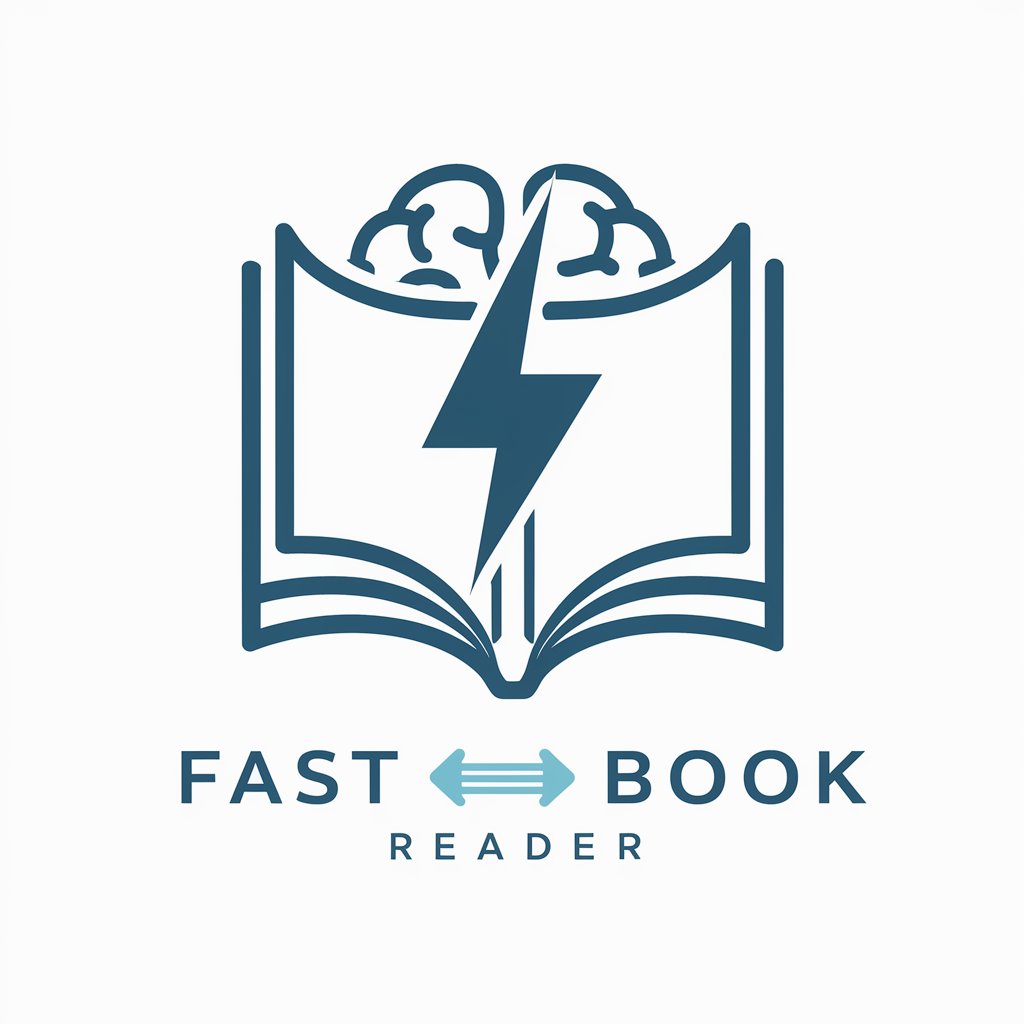
Bookshelf Analyzer - AI-powered book identification
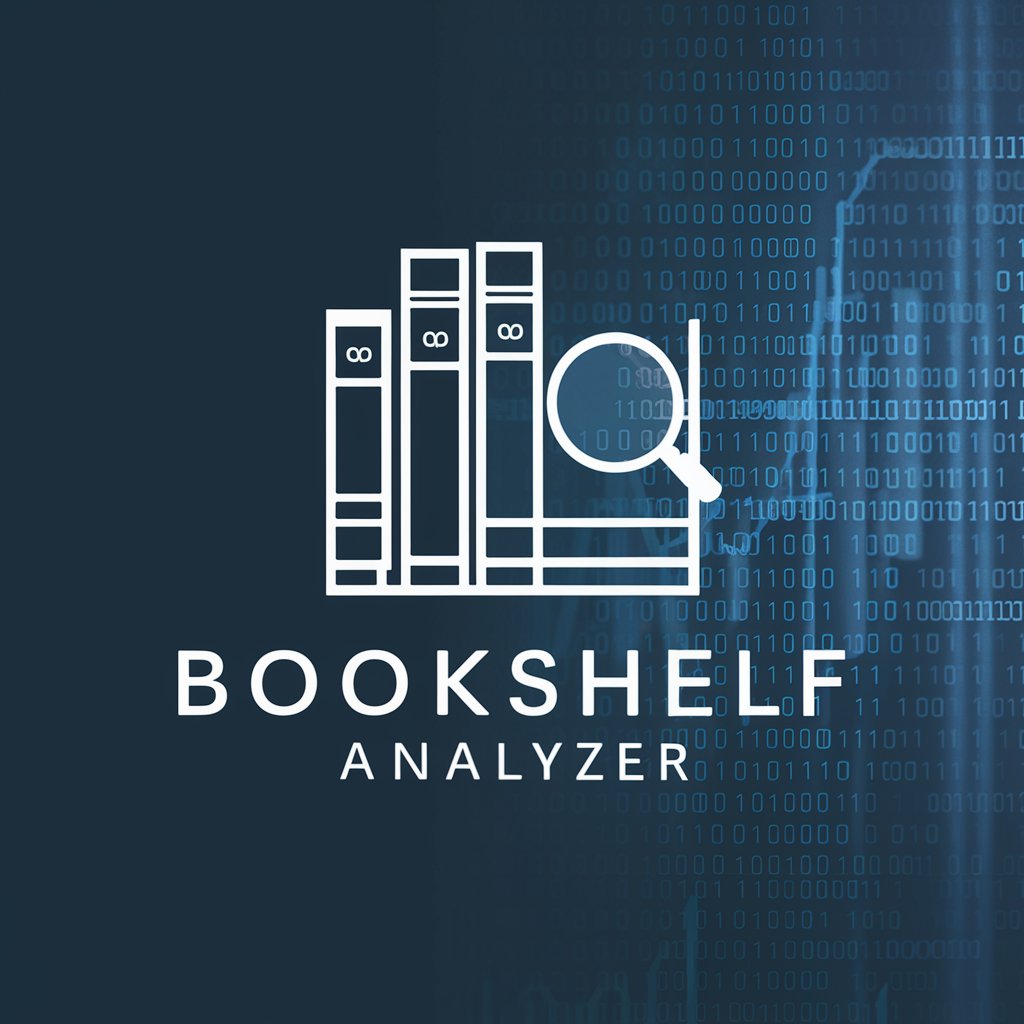
Hello! Ready to analyze your bookshelf today?
Transforming bookshelves into digital libraries with AI.
Please analyze this bookshelf photo and list the book titles and authors.
Identify all the books visible in this image and provide their titles and authors.
Can you list the books and authors from this picture of my bookshelf?
Extract the book titles and authors from the attached bookshelf photograph.
Get Embed Code
Introduction to Bookshelf Analyzer
Bookshelf Analyzer is a specialized tool designed to identify and list book titles from photographs of bookshelves. Its core functionality revolves around the accurate recognition of book spines, covers, and any visible text to extract titles and authors. This tool is particularly useful for cataloging large collections, managing personal libraries, and aiding in inventory tasks for bookstores or libraries. An example scenario includes a user taking a photograph of their home library and uploading it to Bookshelf Analyzer, which then processes the image to list all the book titles and authors visible in the photo. This capability is aimed at streamlining the organization and management of book collections, providing a digital catalog of physical libraries. Powered by ChatGPT-4o。

Main Functions of Bookshelf Analyzer
Title and Author Identification
Example
After a user uploads a photo of a bookshelf, Bookshelf Analyzer processes the image to identify the titles and authors of the books. The system uses advanced text recognition algorithms to decipher text on book spines.
Scenario
A librarian is digitizing the library's inventory. By using Bookshelf Analyzer, they can quickly identify books without manually inputting the details, streamlining the inventory management process.
Digital Catalog Creation
Example
Bookshelf Analyzer generates a concise markdown table listing titles, authors, and, when available, links to online listings. This facilitates easy access to digital records for users.
Scenario
A book collector wishes to share their collection with an online community. By using Bookshelf Analyzer, they can create a digital catalog of their collection to share, enhancing their ability to trade, sell, or discuss books with others.
Library Management Assistance
Example
The tool assists in the management of book collections by providing a quick reference to what is currently on the shelves, helping in tasks such as rearranging or identifying missing books.
Scenario
A personal library owner wants to ensure no books are missing or misplaced. They use Bookshelf Analyzer to periodically check their collection against the digital catalog it provides, identifying any discrepancies.
Ideal Users of Bookshelf Analyzer
Librarians and Library Staff
These professionals can utilize Bookshelf Analyzer to manage library inventories more efficiently, especially in digitizing collections or in routine checks to ensure books are correctly shelved according to the system's organization.
Book Collectors and Enthusiasts
Individuals with large personal libraries or collections can use Bookshelf Analyzer to catalog their books digitally. This is particularly useful for insurance purposes, sharing collections online, or simply keeping track of books.
Bookstore Owners and Employees
For bookstores, especially used bookstores with frequently changing inventories, Bookshelf Analyzer helps in maintaining up-to-date inventory records and can aid in quickly identifying books for customers or for restocking purposes.

How to Use Bookshelf Analyzer
1
Start by visiting yeschat.ai to access a free trial without the need to log in, and without requiring ChatGPT Plus.
2
Take a clear photograph of your bookshelf, ensuring all titles are visible. Good lighting and straight angles help improve accuracy.
3
Upload the photograph directly through the Bookshelf Analyzer interface on the website.
4
Review the generated list of titles and authors. Use the editing tools to correct any inaccuracies or add missing information.
5
Explore links to online listings or additional information provided for each book, enhancing your understanding or making purchases.
Try other advanced and practical GPTs
SQL Schema Design: Scalability & Efficiency
Design Databases with AI-Powered Precision

SpotiCast Explorer
Unlock Podcast Insights with AI

Adweek Navigator
Explore Advertising Insights with AI

SitePics
Revolutionizing Project Visualization

Apostle Paul
Illuminating New Testament Wisdom with AI
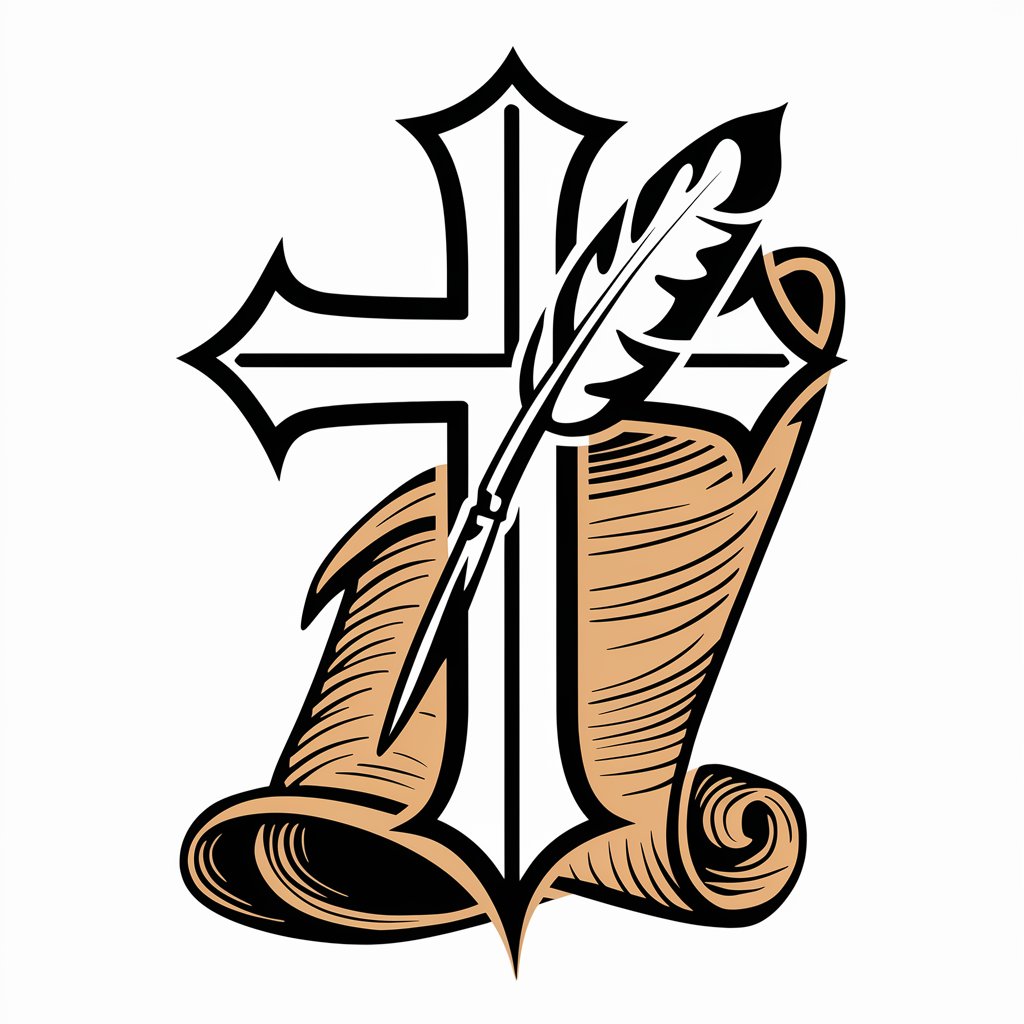
Paul, Apostle of Christ
Unlocking Ancient Wisdom for Today

Innovative Thinker
Unleash Creativity with AI

The Council of Thinkers
Debate history's greatest minds, powered by AI

The Thinker
Expanding Minds with AI Insight

Anarchist Thinkers
Explore Anarchism with AI
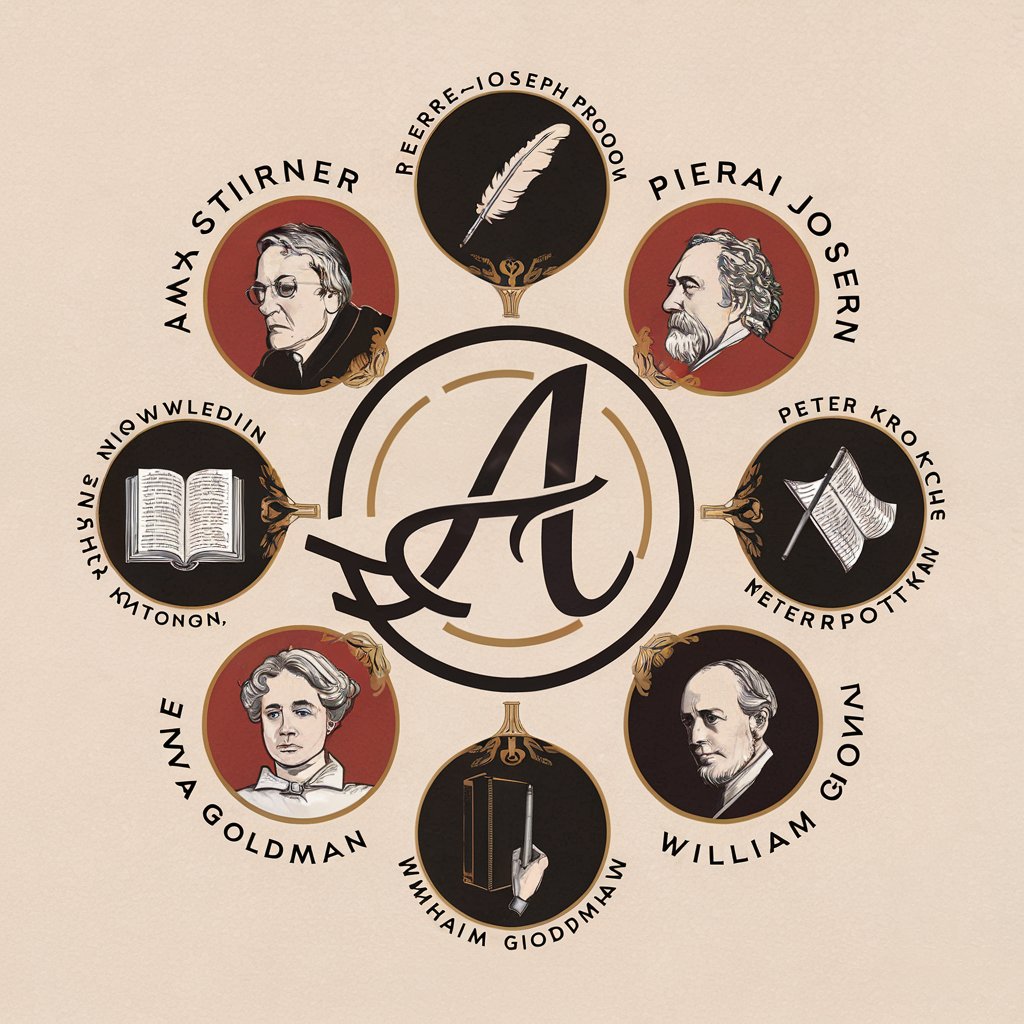
Thinker
Empowering creativity and productivity with AI

Thinker
Elevating Thoughts with AI
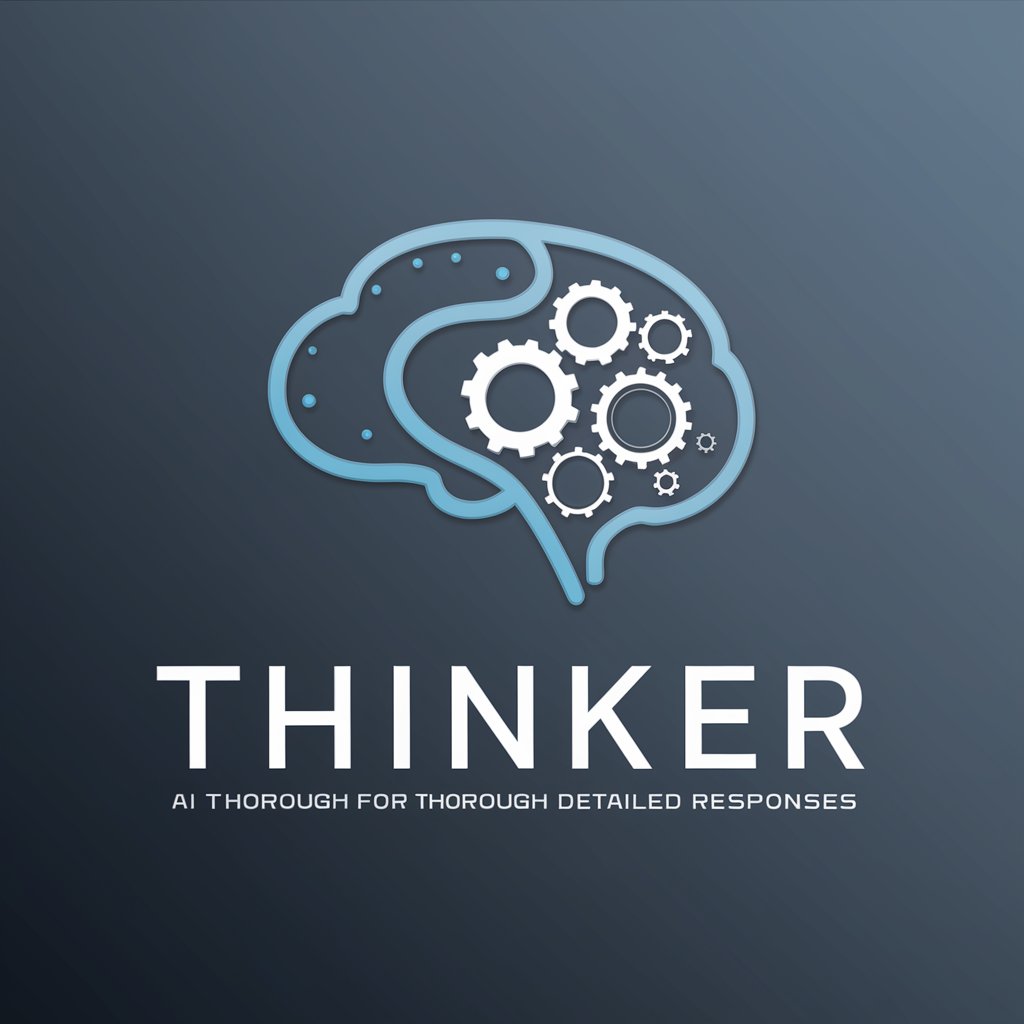
Frequently Asked Questions about Bookshelf Analyzer
Can Bookshelf Analyzer identify rare or antique books?
Yes, it can identify a wide range of books, including rare and antique ones, as long as the titles are legible in the photograph. However, the accuracy for less common titles may vary.
Is there a limit to the number of books it can analyze at once?
The effectiveness of Bookshelf Analyzer may decrease as the number of titles in a single photograph increases, particularly if the image becomes cluttered or titles overlap.
How does Bookshelf Analyzer handle foreign language books?
Bookshelf Analyzer supports multiple languages, though its proficiency varies. It is generally more accurate with books in languages that use the Latin alphabet.
Can I use Bookshelf Analyzer to catalog my personal library?
Absolutely, Bookshelf Analyzer is an excellent tool for cataloging personal libraries. It allows you to create a digital record of your books quickly and efficiently.
Does Bookshelf Analyzer offer recommendations based on identified books?
While its primary function is to identify books, some users may find links to related books or authors in the output, indirectly providing recommendations.

